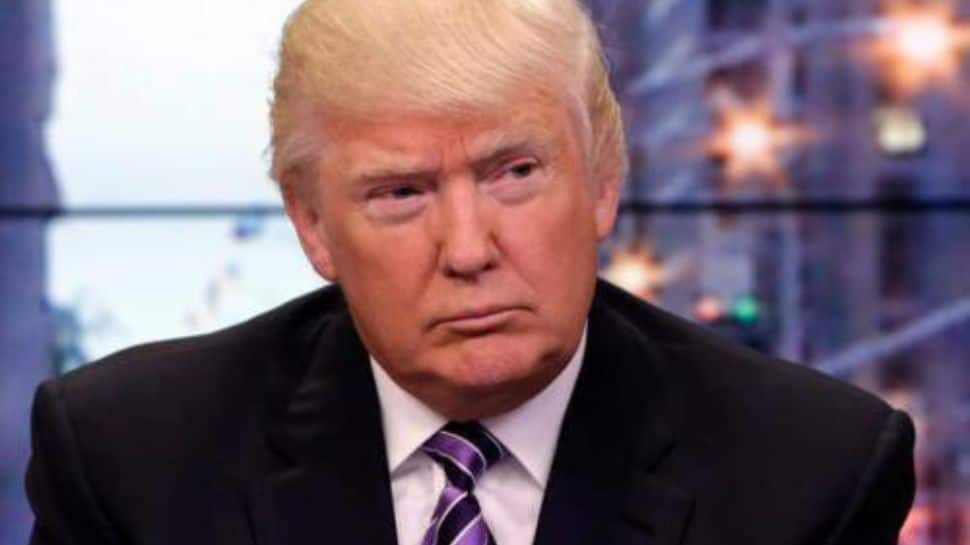 |
|
The impending ban on TikTok in the United States has ignited a fierce legal battle, pitting concerns over national security against the fundamental right to free speech. At the heart of the controversy lies a law mandating that TikTok's parent company, ByteDance, either divest its US operations or face a complete shutdown by January 19th. This deadline, falling just days before the inauguration of a new president, has fueled calls for a delay, allowing the incoming administration to address the issue. However, the outgoing President Trump has intervened, filing a brief with the Supreme Court urging the justices to block the ban, a move that highlights the complex interplay of political maneuvering, constitutional rights, and national security anxieties.
President Trump's brief cleverly sidesteps the core constitutional arguments surrounding the First Amendment—arguments that allege the ban violates free speech rights by effectively prohibiting a popular social media platform. Instead, Trump focuses on his own capacity to resolve the matter through political negotiation once he assumes office. He asserts his “deal-making expertise” as uniquely suitable to forging a solution that balances national security with the interests of TikTok's substantial US user base, a base that includes, notably, 14.7 million of his own followers on the platform. This self-serving argument subtly underscores his perceived understanding of TikTok's significance as a vital medium for free expression, including political discourse, while simultaneously positioning himself as the only person capable of resolving the matter effectively. This strategic avoidance of the First Amendment discussion, while presenting an image of a powerful political negotiator, leaves the constitutional questions to be addressed by the Court, thereby shaping the potential outcomes more to his liking.
Conversely, the Biden administration vigorously defends the law, framing it as a crucial measure to safeguard US national security. Their brief emphasizes the significant risks posed by the Chinese government's control over TikTok, highlighting potential vulnerabilities in data privacy and the platform's susceptibility to covert influence operations. This assertion reflects a broader geopolitical narrative, framing TikTok as a potential tool for Chinese influence within the United States. This framing, however, has been met with fierce resistance from TikTok users and content creators, who argue that the law's sweeping measures unjustly curtail their rights to free expression. Their brief argues that the current legal action against TikTok lacks sufficient evidence of actual harm and that the government's approach constitutes an unprecedented infringement on American freedoms of speech. The stark contrast between the administration's national security concerns and the users' free speech arguments underscores the critical nature of the Supreme Court’s decision.
The Supreme Court, facing this multifaceted challenge, has scheduled a special session on January 10th to hear arguments on both TikTok’s challenge to the law and a separate case filed by users and creators. The court’s decision, which must be rendered before the January 19th deadline, will carry profound implications, shaping not only the future of TikTok in the United States but also setting a significant precedent for the intersection of technology, national security, and the protection of free speech in the digital age. The legal battle, therefore, transcends a simple dispute over a single social media platform; it represents a broader struggle to define the limits of government power in the digital realm and to reconcile national security interests with the fundamental principles of individual liberty.
The case highlights the inherent tension between governmental efforts to protect national security and the preservation of individual rights, particularly in the context of rapidly evolving technologies. TikTok's unique position as both a social media platform and a potential vector for foreign influence creates a challenging scenario for legal and political analysis. The outcome of this case will impact future legislation regarding foreign-owned technology companies operating within the United States and potentially shape the broader conversation around data privacy, online censorship, and the role of technology in political discourse. The Supreme Court's decision will serve as a crucial benchmark for balancing national interests with the rights of citizens in the digital age, a task made even more complex by the speed of technological advancements and the increasing interconnectedness of global affairs.
